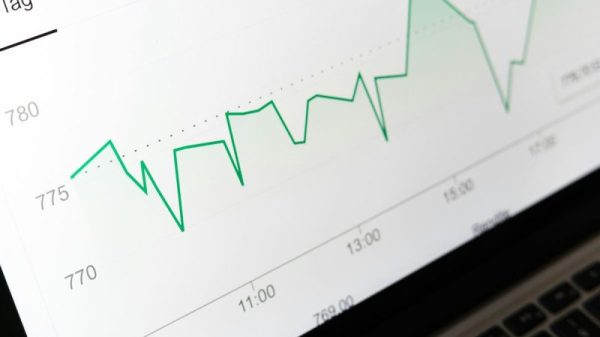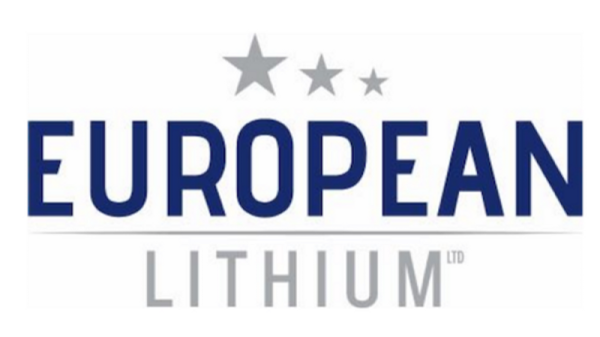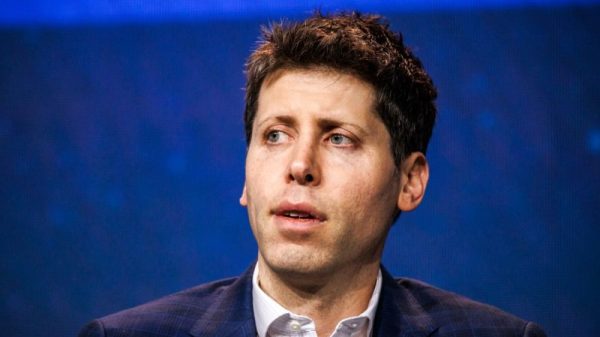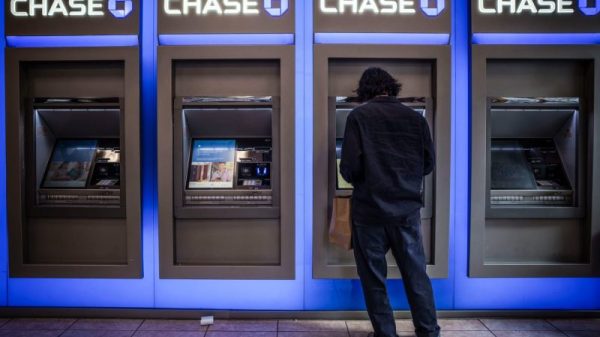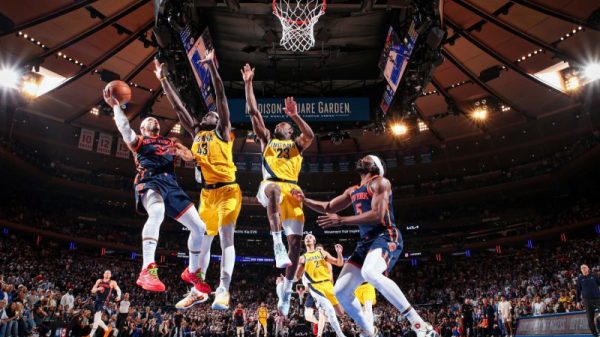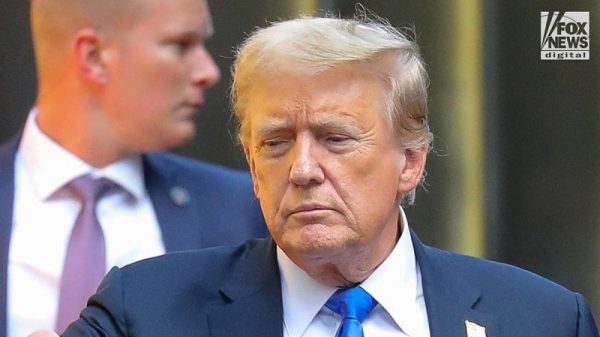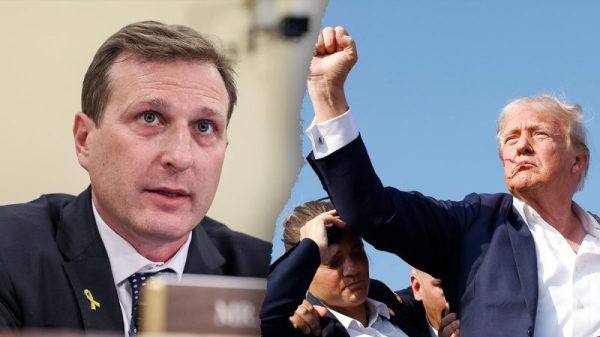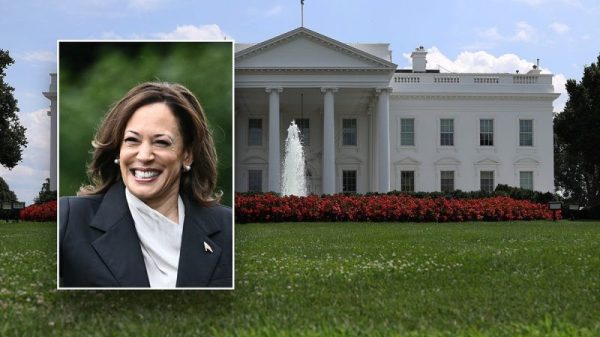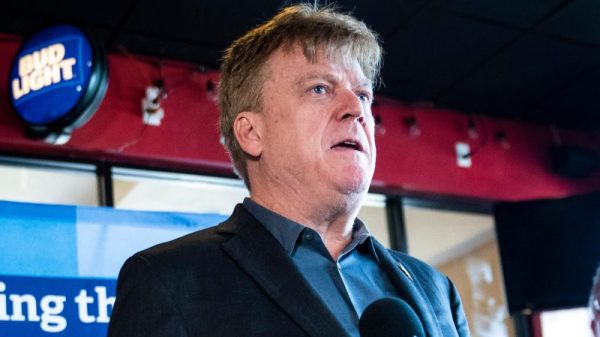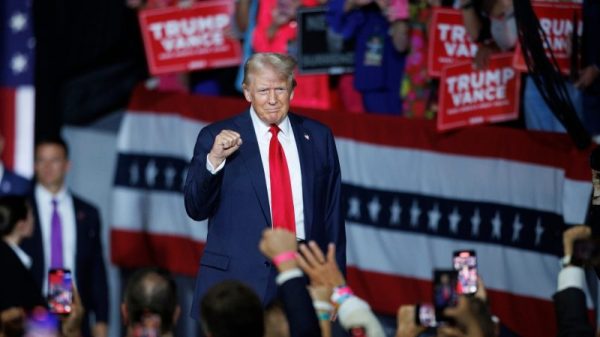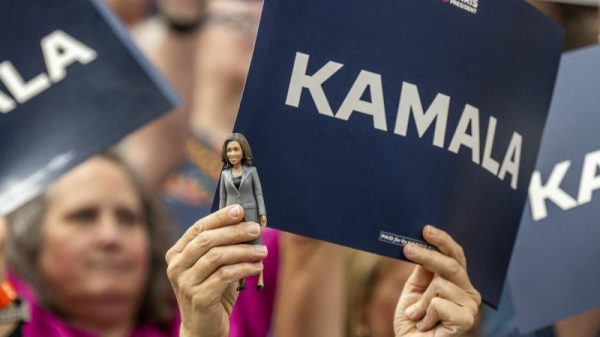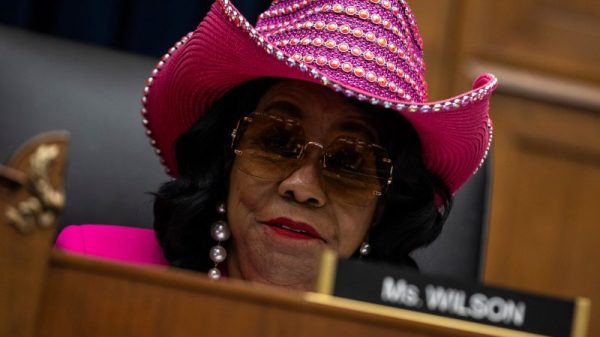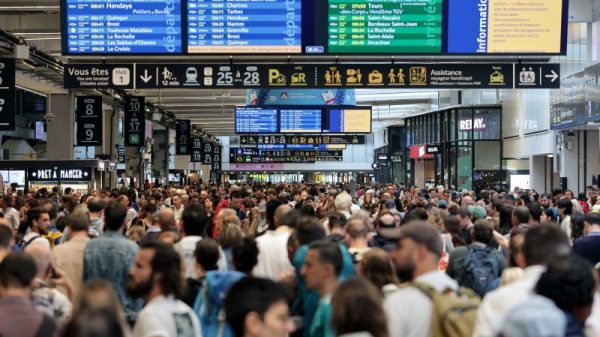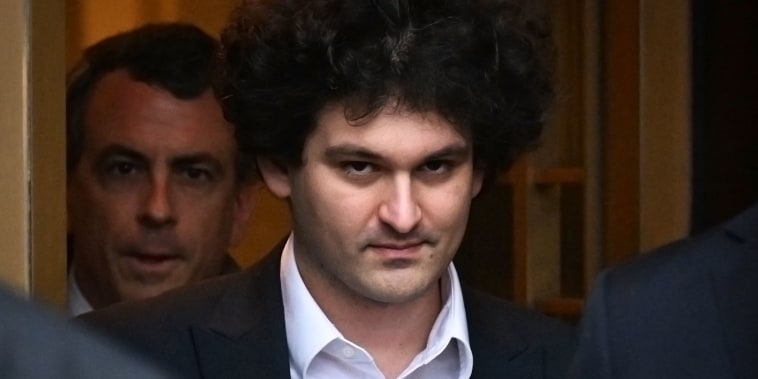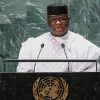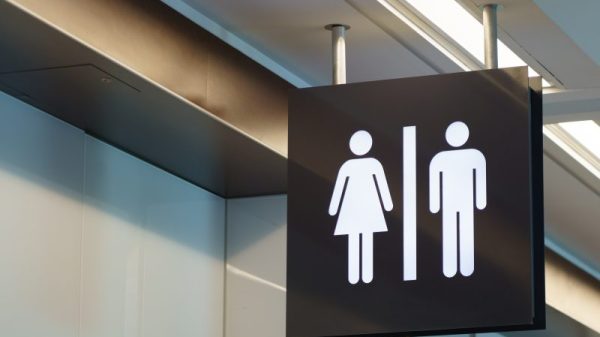Former cryptocurrency billionaire Sam Bankman-Fried faces the prospect of a long prison sentence, but that’s not the end of the FTX legal saga.
The FTX co-founder and ex-CEO was convicted of all seven fraud and money laundering charges against him on Thursday. He faces as much as 110 years in prison if Judge Lewis Kaplan gives him maximum sentences and consecutive terms.
Bankman-Fried is scheduled to learn his sentence on March 28, 2024. His lawyers have suggested they will appeal the guilty verdicts against him at that time.
He still faces another trial over other allegations including that he bribed Chinese officials. That trial is also scheduled to start in March.
What about Bankman-Fried’s former colleagues?
He’s not the only one waiting to learn his fate. Former Alameda CEO Caroline Ellison, FTX co-founder Gary Wang and former engineering chief Nishad Singh all pleaded guilty to a series of criminal charges and cooperated with the government’s prosecution of Bankman-Fried. The three testified against him in the hope they would receive lighter sentences.
They’re likely to be sentenced after Bankman-Fried is.
Chris LaVigne, the global co-chair of the digital asset group at international law firm Withers Worldwide, said it’s likely that all three will go to prison, as well.
‘Given what they’ve admitted to, it isn’t likely that they are going to end up with a non-incarceratory sentence,’ LaVigne, who is not involved in the case, told NBC News. Still, he said, their cooperation means the government will recommend that they receive a shorter sentence than what they would have received if they had been convicted after a trial.
In determining the sentences that Wang, Ellison and Singh receive, Kaplan will consider factors including whether they intended to commit crimes, how helpful the government found their cooperation, whether they seem remorseful, and their potential for rehabilitation.
What about FTX’s users?
Bankman-Fried was found responsible for taking some $8 billion from FTX’s users without their consent and giving it to Alameda Research. The money was given to Alameda’s lenders and was also used to pay for FTX corporate sponsorships, its Super Bowl ad and for enormous loans to corporate insiders, among other things.
LaVigne, who is also the head of Withers’ U.S. litigation team, said there are essentially two paths to returning funds to people who lost money to FTX, and to FTX’s and Alameda’s creditors.
The first involves the U.S. government. As part of their guilty pleas, Wang, Ellison and Singh all agreed to forfeit proceeds from their time at FTX and Alameda. For example, Singh agreed to forfeit a multimillion-dollar home he’d bought in Washington state and an investment in the AI company Anthropic PBC that was then worth $40 million.
LaVigne said the government will probably set up a fund for FTX victims, get money the insiders received from FTX, auction off any ill-gotten assets, and return the proceeds to people who apply successfully to the victims fund.
‘If there’s billions in investments from a criminal and proceeds or money elsewhere, the government is going to get it,’ he said.
Meanwhile, U.S. Trustee Andrew Vara will try to recoup money for victims through the bankruptcy process.
‘That trustee and that estate is building a huge war chest to try to compensate creditors, which include customers of FTX,’ LaVigne said.
Both of those processes can take a very long time to play out. The failure of FTX has often been compared to the infamous Ponzi scheme run by Bernie Madoff, which was exposed in December 2008. Trustee Irving Picard returned some $13 billion to victims over the course of a decade, while the U.S. government said it returned $4 billion to the Madoff Victim Fund. It announced the most recent payment to that fund in September 2022.
‘These things go on for a long time and they find money wherever they can,’ LaVigne said.
The government can also pursue any company or person it believes was complicit in the scheme. In the Madoff case, JPMorgan Chase agreed to pay more than $2 billion in fines and penalties to settle allegations that it turned a blind eye to Madoff’s actions for more than a decade.


